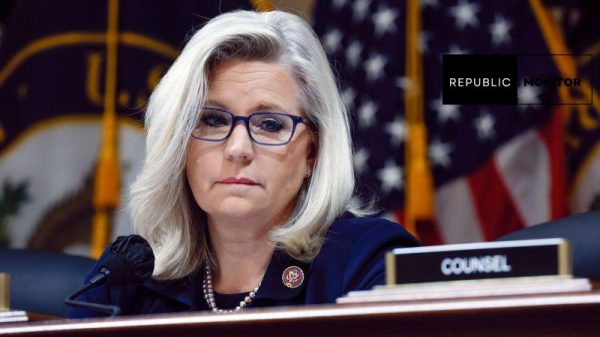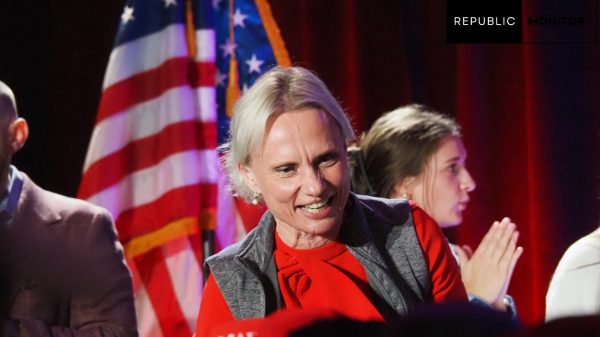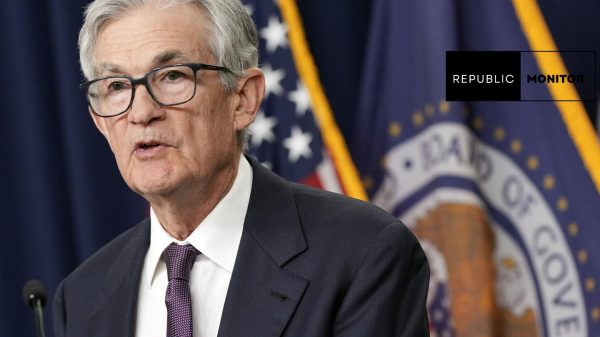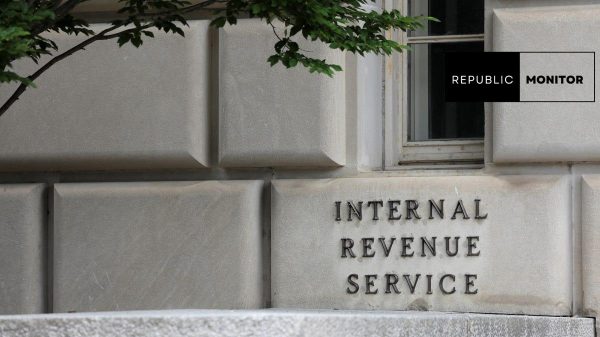As per a Reuters report, a US hall bunch addressing tech monsters Google, Amazon, and Apple has requested that India reevaluate its proposed EU-like contest regulation, contending guidelines against information use and special treatment of accomplices could raise client costs. Antitrust regulations will be guidelines that support rivalry by restricting the market force of a specific firm.
On February 6, 2023, the Public Authority of India laid out the Board of Trustees on Computerized Contest Regulation (Panel), a specialist gathering of industry chambers, policymakers, and researchers. The object was to survey the ongoing arrangements of the Opposition Demonstration of 2002 and evaluate whether its arrangements are adequate to manage concerns related with the proceeded development of the computerized economy or on the other hand in the event that new apparatuses are required.

India’s “Advanced Contest Bill” is like the EU’s milestone Computerized Markets Act 2022.
It will apply to huge firms, incorporating those with a worldwide turnover of more than $30 billion and whose computerized administrations have no less than 10 million clients locally, bringing a portion of the world’s greatest tech firms under its ambit.
It proposes to forbid organizations from taking advantage of the non-public information of its clients and advancing their own administrations over rivals, and furthermore nullify limitations on downloading of outsider applications.
Refering to the rising business sector force of a couple of large computerized organizations in India, an administration board in February proposed, opening new tab forcing commitments on them under another antitrust regulation which will supplement existing guidelines whose requirement the board said is “tedious”.
The report by Reuters further expounds that organizations send these techniques to send off new item highlights and lift security for clients, and checking them will hit their arrangements, the US-India Business Board (USIBC), a piece of the US Office of Trade, said in a May 15 letter to India’s Corporate Undertakings Service, which is dealing with the law.
















